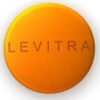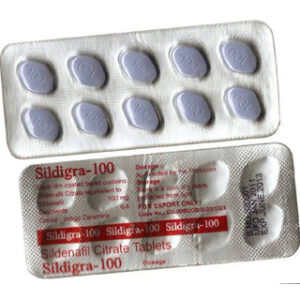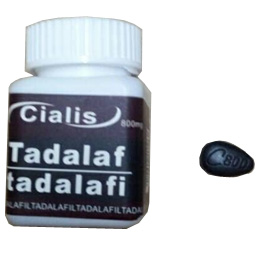Overview
Levitra, containing vardenafil, is a prescription medication for treating erectile dysfunction in adult men. As a PDE5 inhibitor, it enhances blood flow to the penis, facilitating a firm erection. Available in tablets from 2.5 mg to 20 mg, it’s a selective PDE5 inhibitor developed by Bayer Pharmaceuticals.
Usage Instructions
- Recommended Dose: Start with 10 mg about 1 hour before sexual activity. Adjust the dose from 5 mg to 20 mg based on response and tolerability.
- Frequency: Not more than once daily.
- Missed Dose: Take it as soon as you remember, but skip if it’s near the time for the next dose.
What to Avoid
- Allergies: Avoid if allergic to vardenafil.
- Contraindications: Do not take with nitrates, nitric oxide donors, or recreational “poppers”.
- Medical Conditions: Use with caution if you have a history of priapism, severe liver or kidney issues, recent stroke, or heart attack.
Potential Side Effects:
- Common: Headache, dizziness, flushing, nasal congestion, indigestion, back/muscle pain.
- Serious: Sudden vision or hearing changes, chest pain, shortness of breath, irregular heartbeat, allergic reactions.
- Rare but Serious: Priapism – requires immediate medical attention.
Drug Interactions
- Nitrates and Nitric Oxide Donors: Can cause severe blood pressure drops.
- Alpha-Blockers: May lead to symptomatic hypotension.
- Others: Antifungals, antibiotics, HIV protease inhibitors – consult healthcare provider for details.
Take Control of Your Health
Choose Levitra for effective ED management, but remember to consult your healthcare provider for tailored advice and adhere to prescribed guidelines. Stay informed and proactive in your treatment choices.






Reviews
There are no reviews yet.